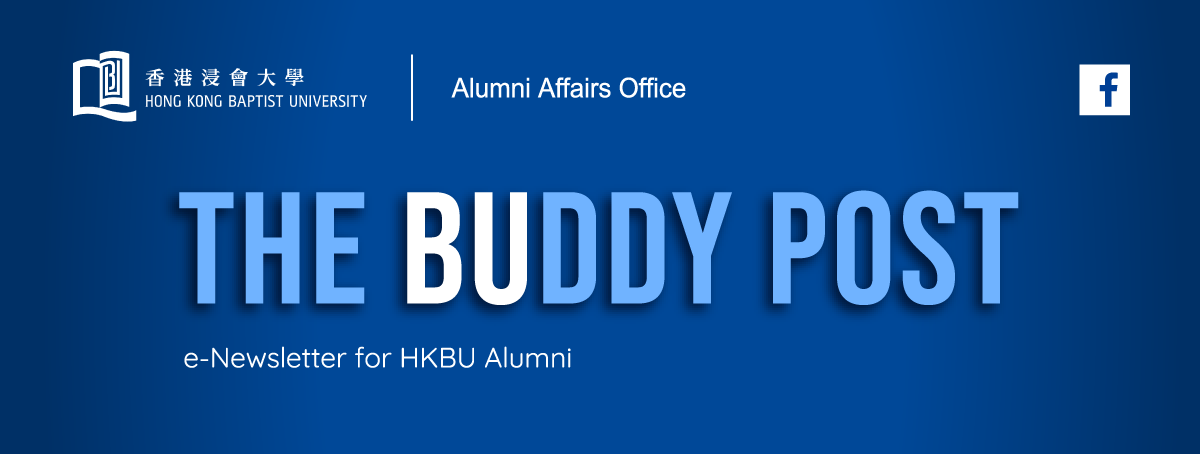人才・聚
自1956年成立以來,浸大已培育了逾140,000位畢業生,當中許多校友在各個領域都取得了顯著成就。我們期望讓校友擴闊知識領域,因此發掘來自不同專業領域的校友,並邀請他們分享有關方面的知識。
吳文軒校友分享有關團隊及生涯啟導教練的知識
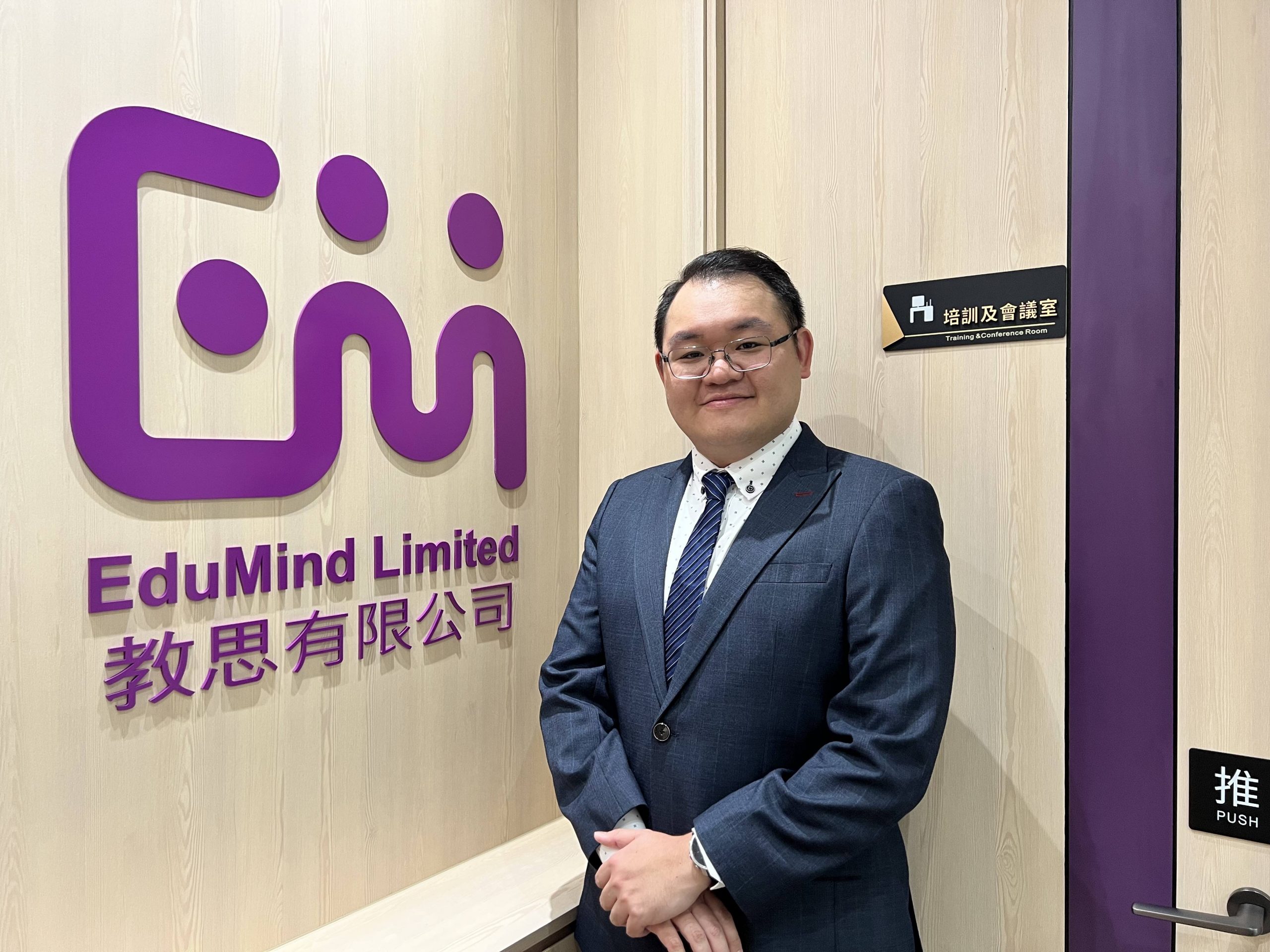
吳文軒校友
吳文軒校友 (人文學; 教育) 投身教育行業逾十年,他不僅是一位註冊教師,更曾經擔任多個青年服務和社區教育的職務,包括聯合國兒童基金香港委員會教育主任 (培訓和課程發展)、基督教家庭服務中心人生規劃主任及教練、以及港專夜校 (九龍工業學校) 校長。
他對教育的熱忱更拓展至人生教練、培訓以及教育項目計劃設計方面,驅使他考獲大成教練的資格,並成為培訓導師。他於2020年成立了教思有限公司,擔任服務設計總監及首席教練。近年他為不少學校和非牟利機構提供度身訂造的教育服務,亦有為青年和專業人士提供培訓服務。
(訪問內容只供英文版本)
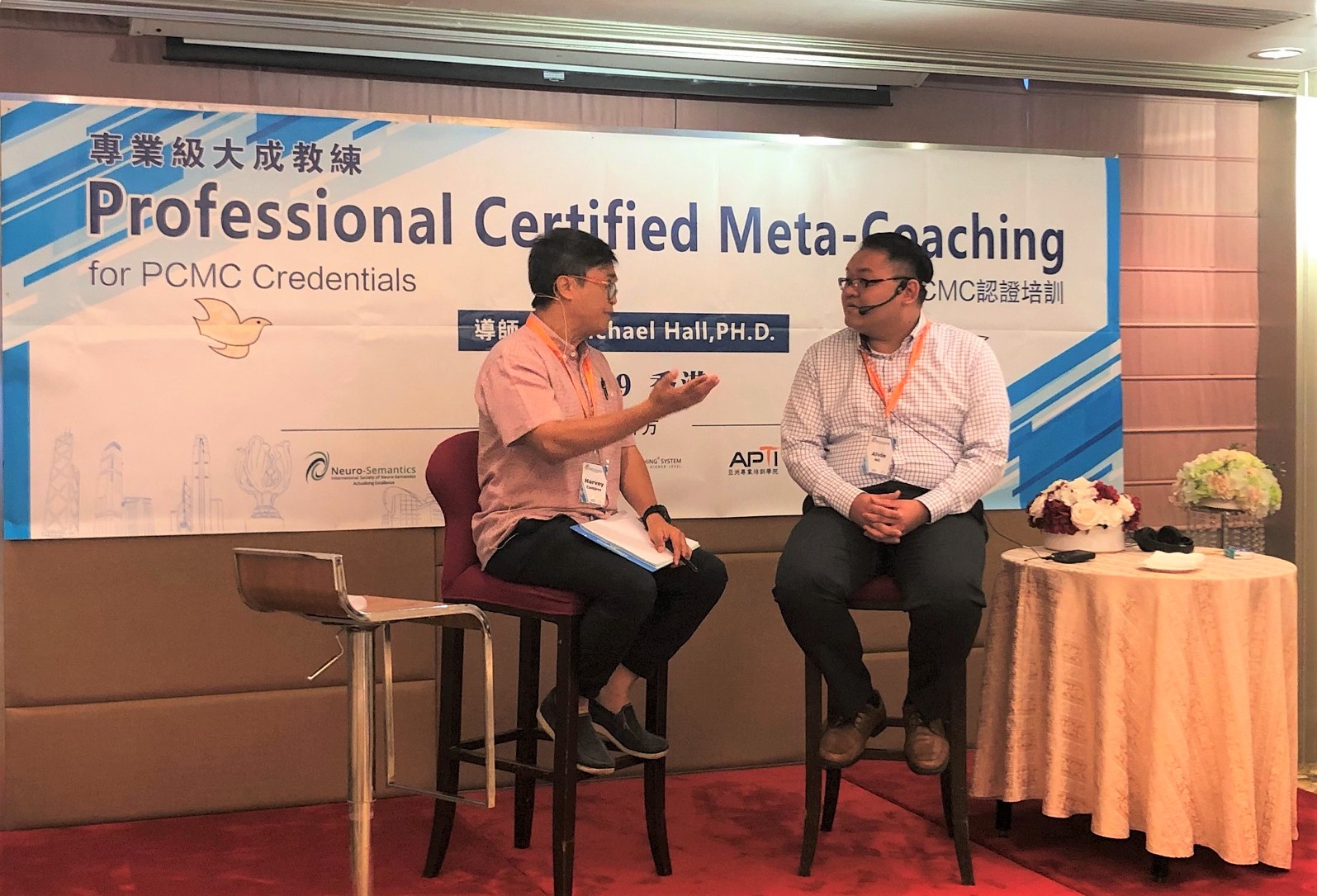
吳校友是國際身心語義學學會大中華區領導團聯席主席及大成教練香港區總監。
1. Please briefly introduce your work as a coach. How has coaching changed your life and career?
As a coach, I work with individual, a group or an organisation. Subject to clients’ needs, I adopt the coaching methodology to facilitate my clients in achieving their goals. For example, I strive to help them discover their own values and vision in life or career, so that they become more determined to make choices in life on their own. Also, it is important to help clients work best in all the important situations in their lives and figure out the core of their problems, such that as a coach, I can design the most effective and customised solution for them. Sometimes, I also apply those skills I learnt from coaching to teaching and counselling so that my services could be more unique, innovative and effective.
I first came across coaching in 2016, and I would say coaching has changed my life and career a lot. After learning meta-coaching, I can master the skills and strategies in exploring the meaning of life and stay passionate always. Not only did I reduce my weight by 20kg in 6 months, I was also able to enjoy my work without conflicting my values, driving me to be more innovative in training and teaching. As a graduate in Humanities, I would say coaching, especially meta-coaching, somehow applies the theories in Humanities. I am glad that I can actualise what I learnt at HKBU in my work, especially the programme of Humanities and concentration courses in organisational communication, in order to groom the whole person development of my clients and students.
While conducting coaching sessions, I have the opportunity to listen to and get to know a spectrum of thinking and behavioural patterns. Some of them are really inspiring, which can bring new insights to my life and career. For example, when I serve as a second-half life coach, I am able to gain a lot of insights and inspirations to prepare for my future retirement.
Being a coach, I must learn to be flexible. It is true that being flexible in all aspects is challenging. But as a professional coach, I believe I can unleash my potentials by mobilising my internal (e.g. talent, strength, past experiences) and external (e.g. personal network, peer support) resources through a coaching dialogue.
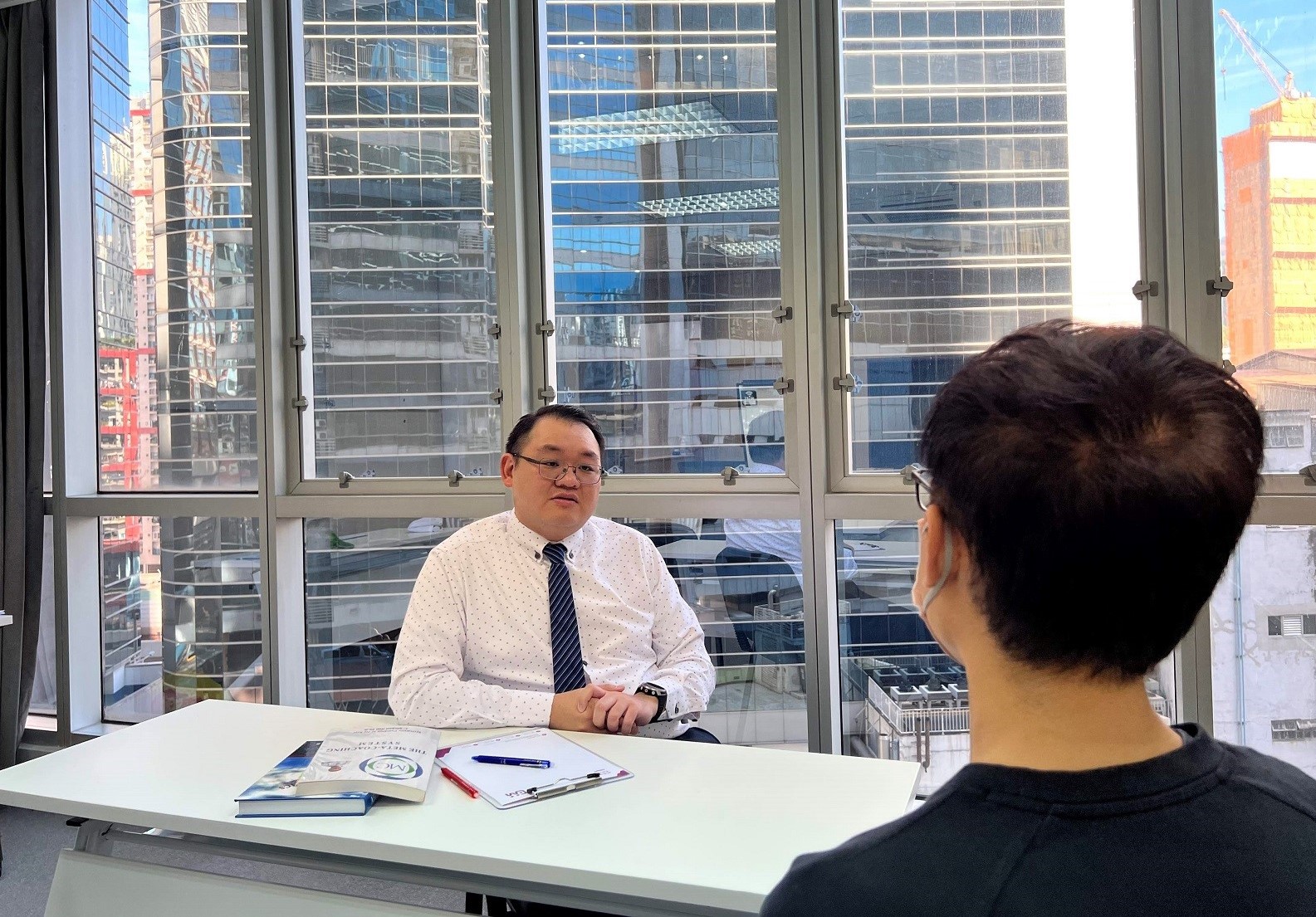
吳校友進行單對單教練課堂。
2. Are all people suitable for receiving coaching? How can I judge whether I should invest in a coaching session?
Not everyone is suitable for receiving coaching. Sometimes clients may not understand what kind of support they exactly need. They may either need a session of training, consultation or therapy. Especially for those who are not mentally healthy or seeking help from clinical professionals, coaches have to be very careful when conducting a coaching session. In view of this, I usually offer an interview and consultation session before coaching, helping my clients make a right decision and investment for the right services.
On the other hand, regardless of being a coach or a client, being coachable is essential. People with more coachable characteristics tend to be more receptive to the transformative power of coaching. There are several coachable factors, such as openness, ego-strength, commitment to growth, relationship readiness, vulnerability, patience etc. If you want to test whether you are coachable, take a look at the questions below. You may bring the result to consult your coach.
- Do you have goals, hopes, and dreams for yourself and your career?
- From 0 to 10, how open are you to changes, learning and personal developments?
- From 0 to 10, how sufficient is your ego-strength for facing reality as it is?
- From 0 to 10, how ready are you to talk about your needs and weaknesses?
- From 0 to 10, how passionate are you about making a change or transformation?
- From 0 to 10, how committed are you to investing in your own development?
3. For those who are interested in obtaining a qualification for coaching, please share 1-2 tips with them.
Many clients came and asked me whether they should get a qualification for coaching or what kind of qualification they should obtain. Being a coach, I always use questions to facilitate my clients to figure it out, such as “What is your understanding about coaching?”, “Why do you want to attain a qualification?” and “What do you want to achieve through attaining the qualification?”
Since coaches are not registered in any governmental bodies in Hong Kong, there are lots of “qualifications” for coaching nowadays. Some of them just require you to spend 2 to 3 days of training for being a certified coach, or even being a certified coach trainer. Some of them, like my qualification in Neuro-Semantics and Meta-Coaching, requires me to complete at least 700 hours of coach-specific education, practices and competency assessment for being a Professional Certified Meta-Coach, and a 15-day training plus assessment for being a first-tier trainer. To become a master trainer, the qualification process might even take more than 3 to 5 years with assessment conducted outside Hong Kong. In view of this, “Why do you want to attain a qualification?” is really an important question for those who are interested in coaching to reflect upon. I would suggest them to conduct a comprehensive research on the subject matter before investing in any coaching qualifications.
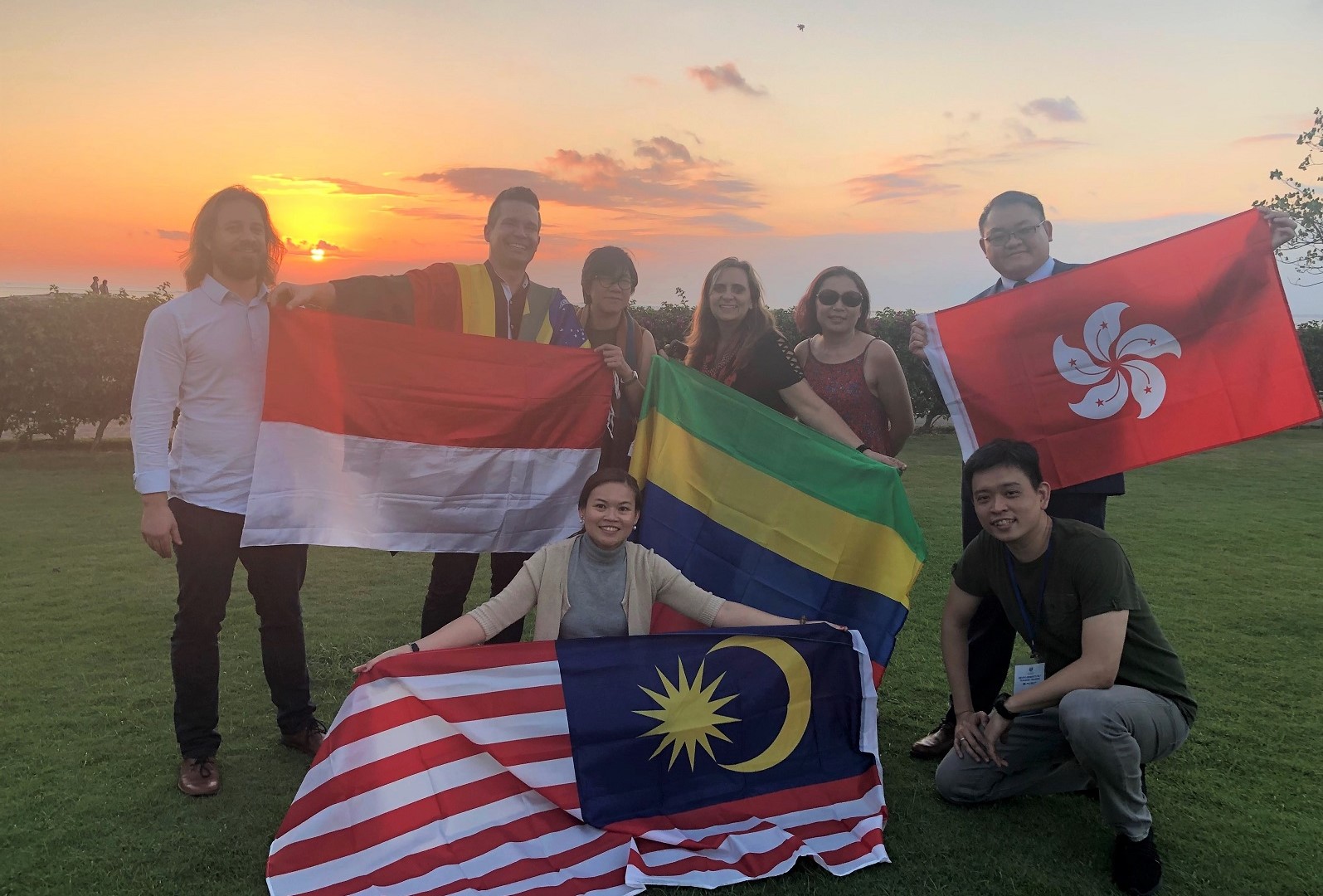
吳校友與來自世界各地的高管、團隊及生涯教練進行交流。




